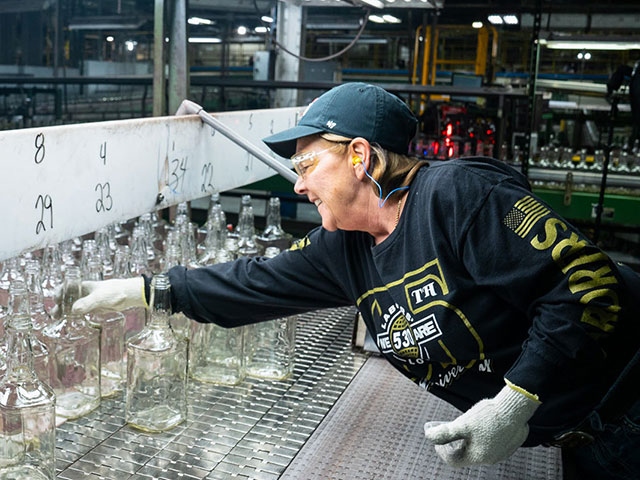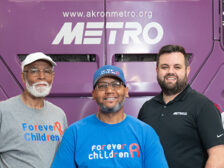‘A Broken System’: Struggles of Tire, Glass Workers Highlight…
Rubber and Tires
Featured News
The USW and the Rubber and Tires Sector
For nearly 100 years, union rubber and tire workers have kept the world running, providing high-quality tires for cars, trucks, buses, heavy machinery and more. The sector includes tens of thousands of USW members who make vehicle tires and inner tubes, hoses and belts, gaskets, packing and sealing devices, containers and other consumer and commercial products.
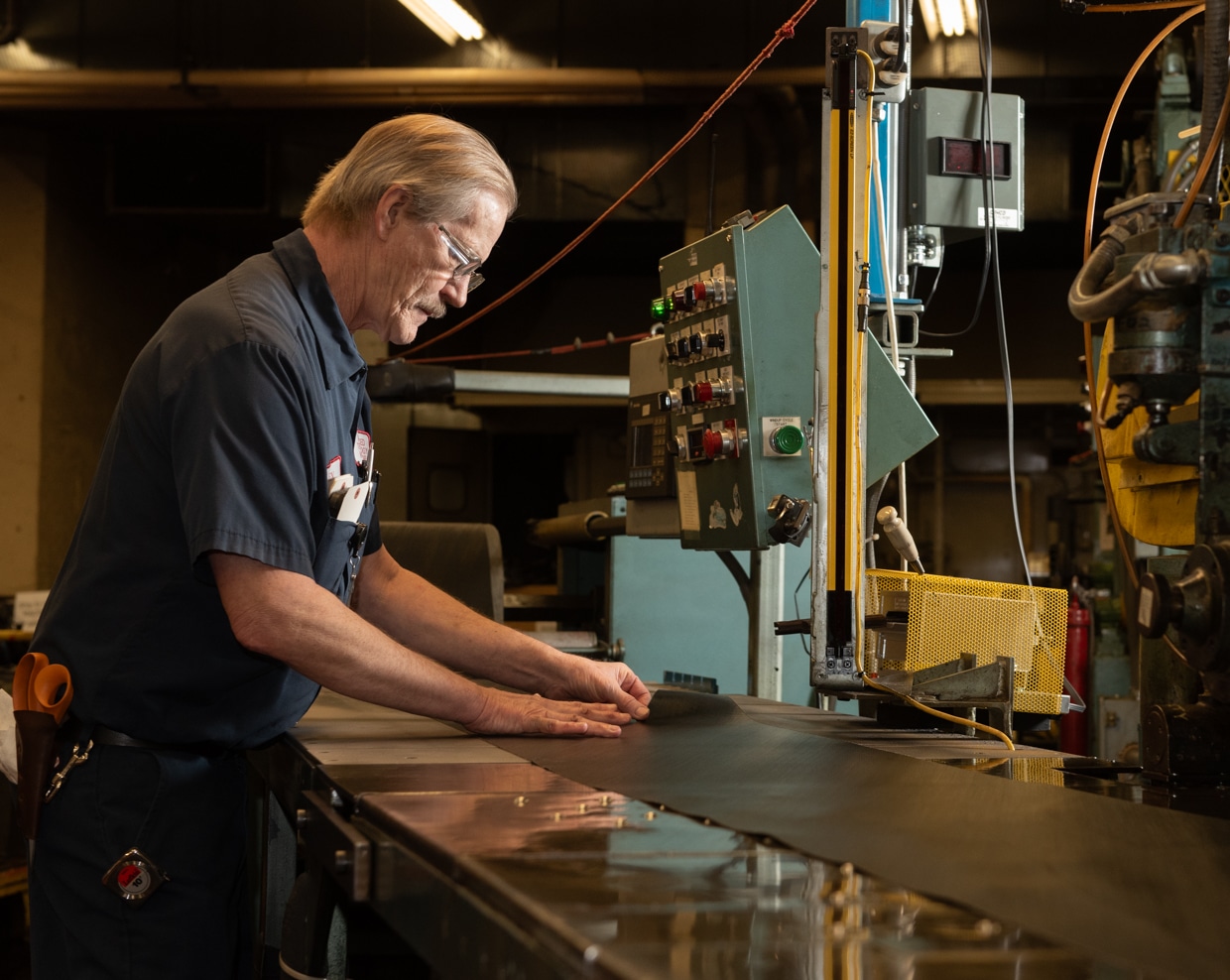
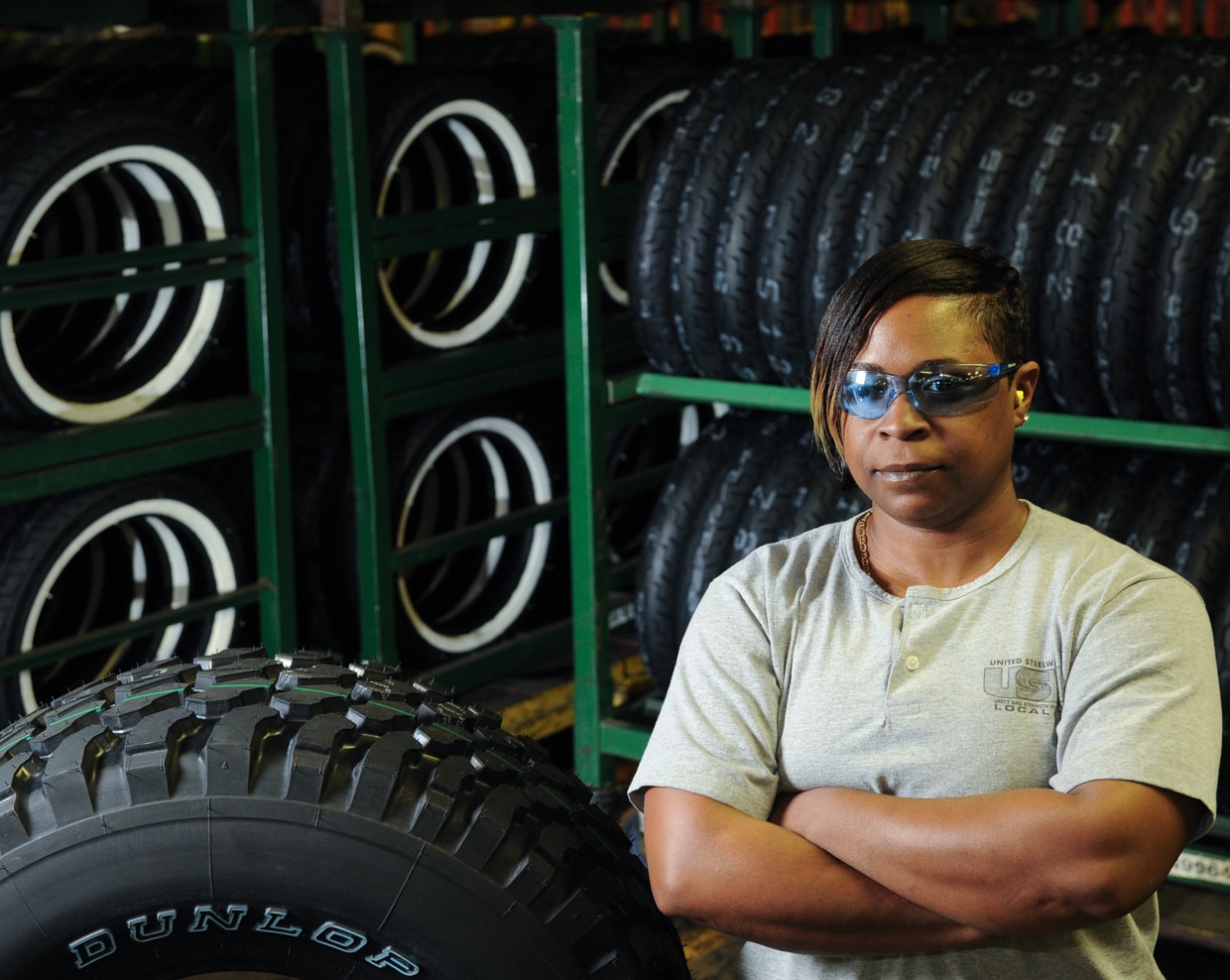
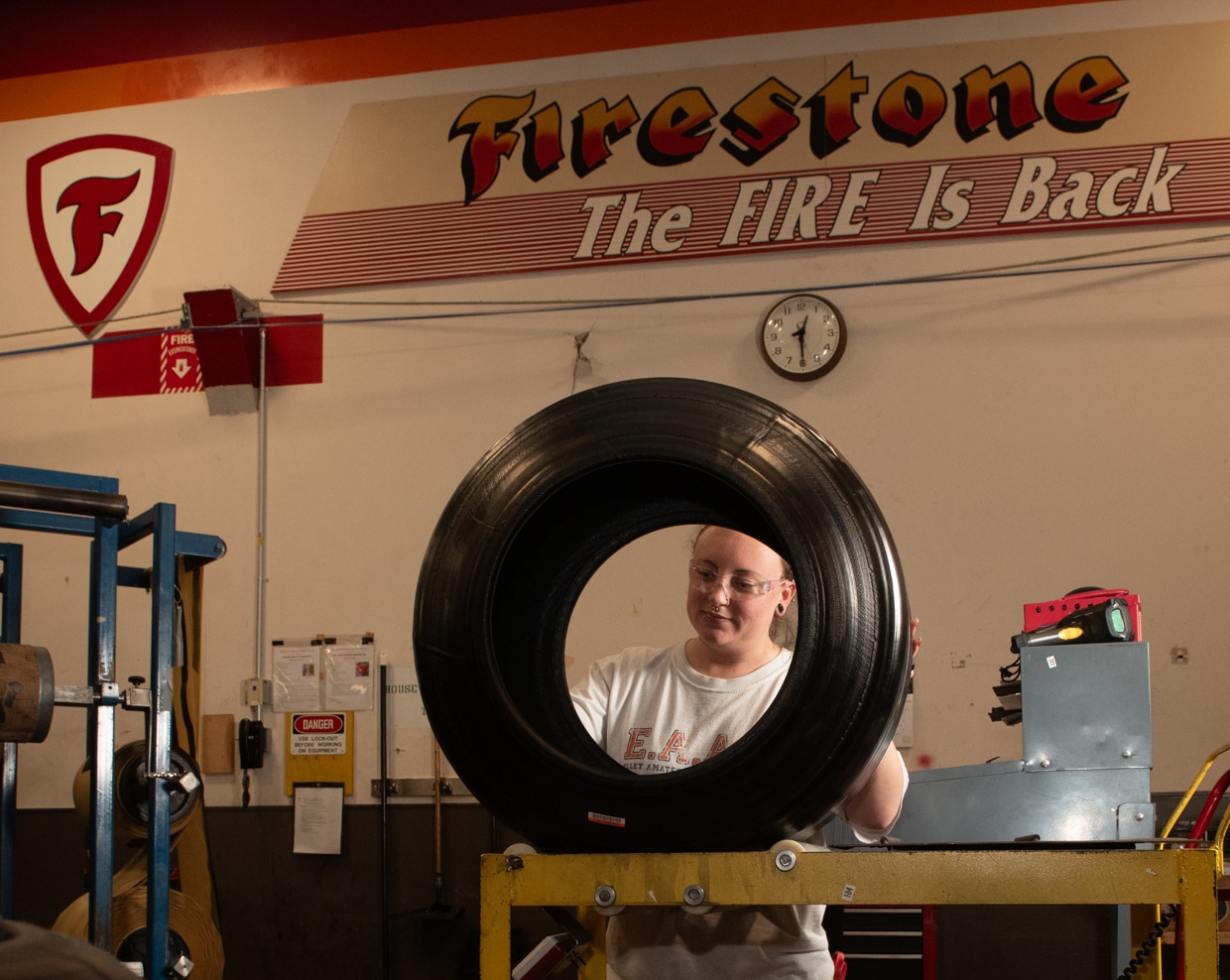
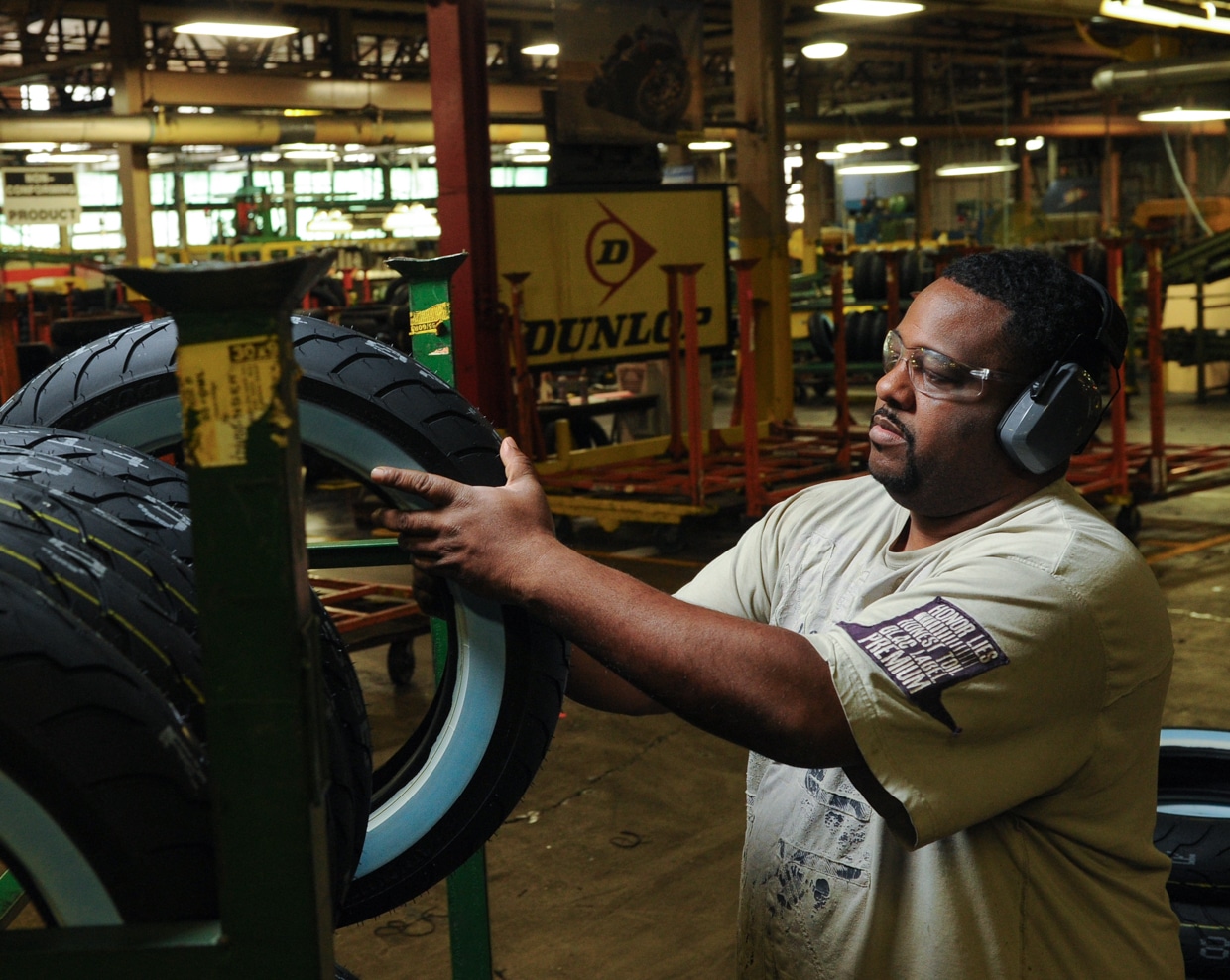
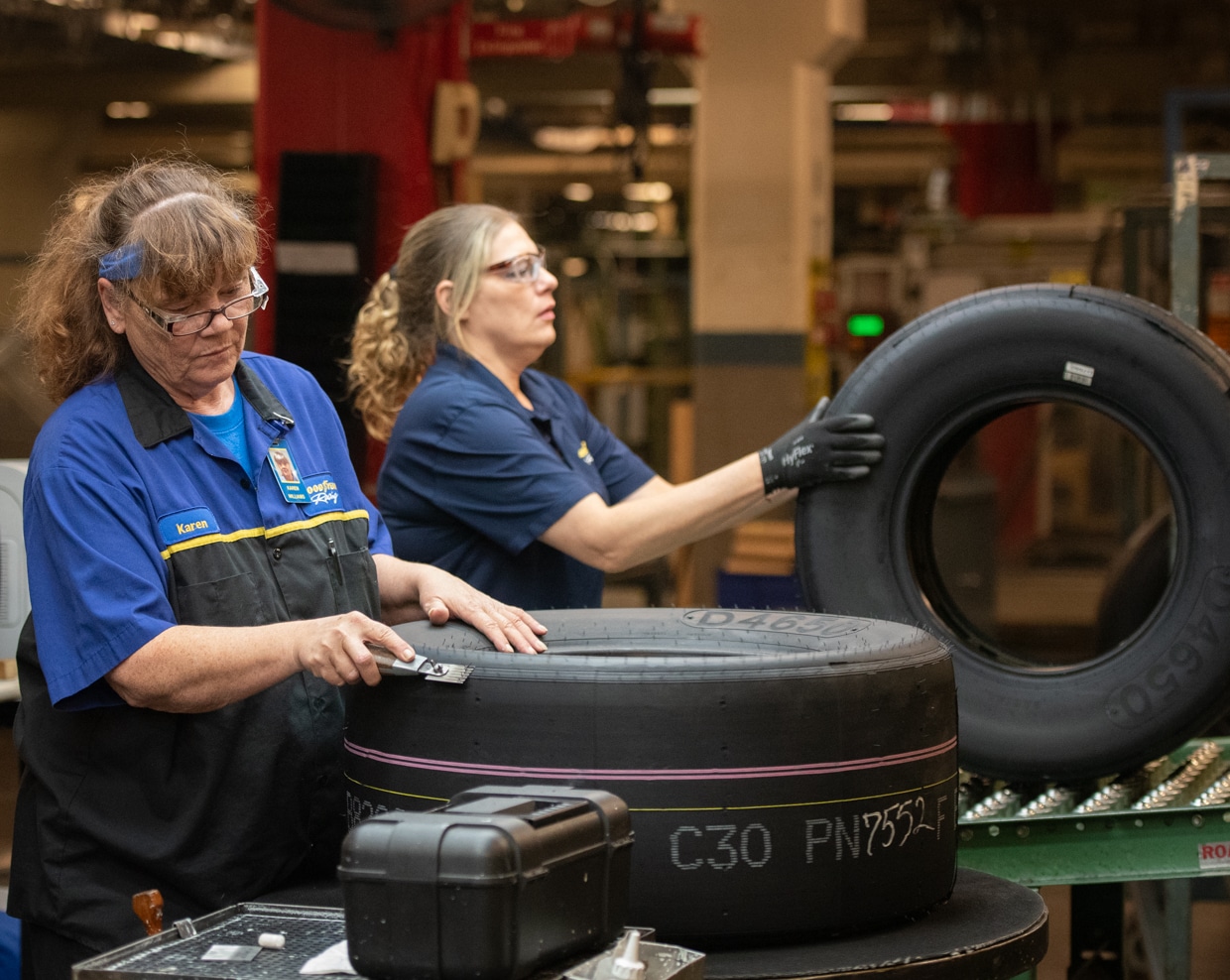
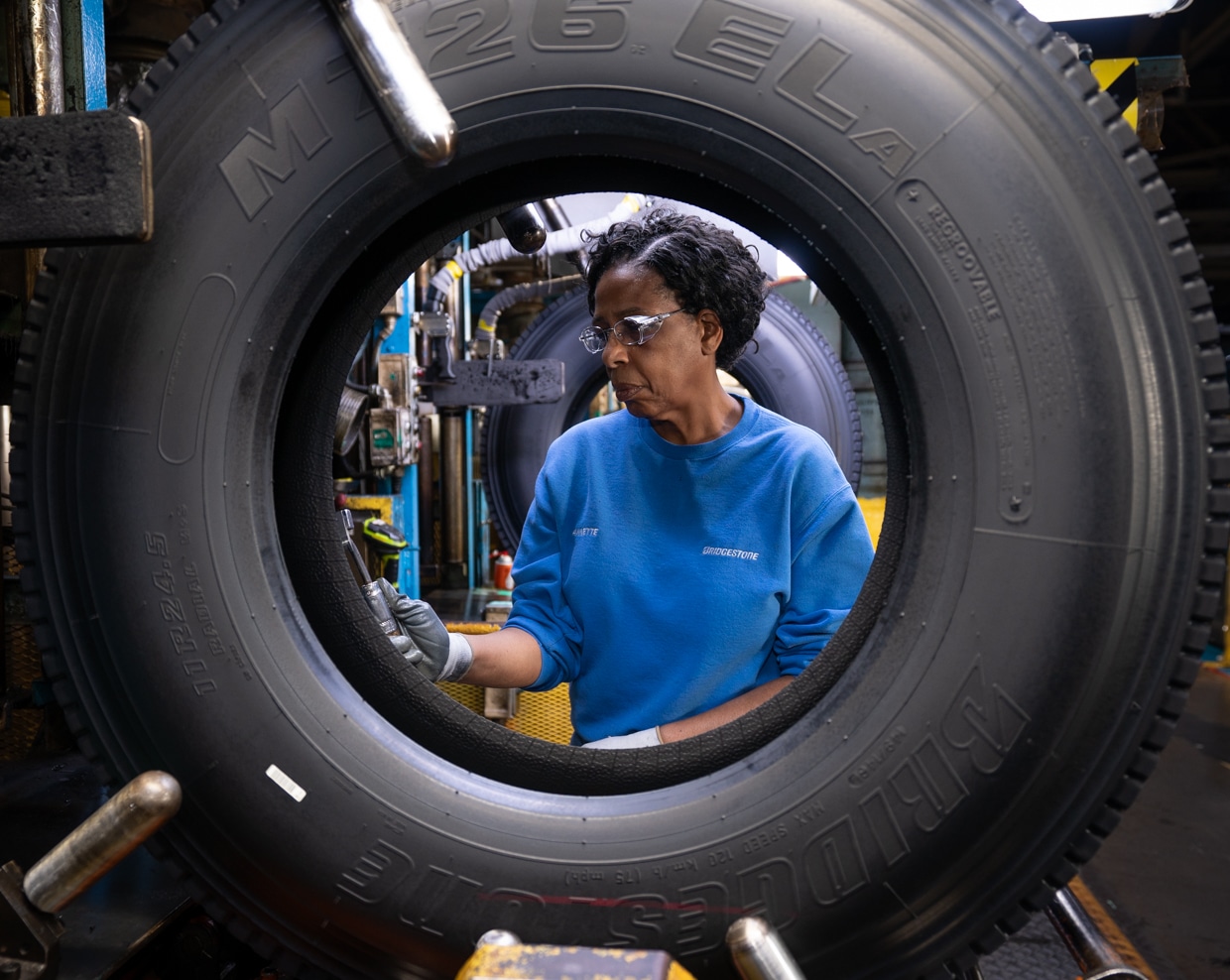
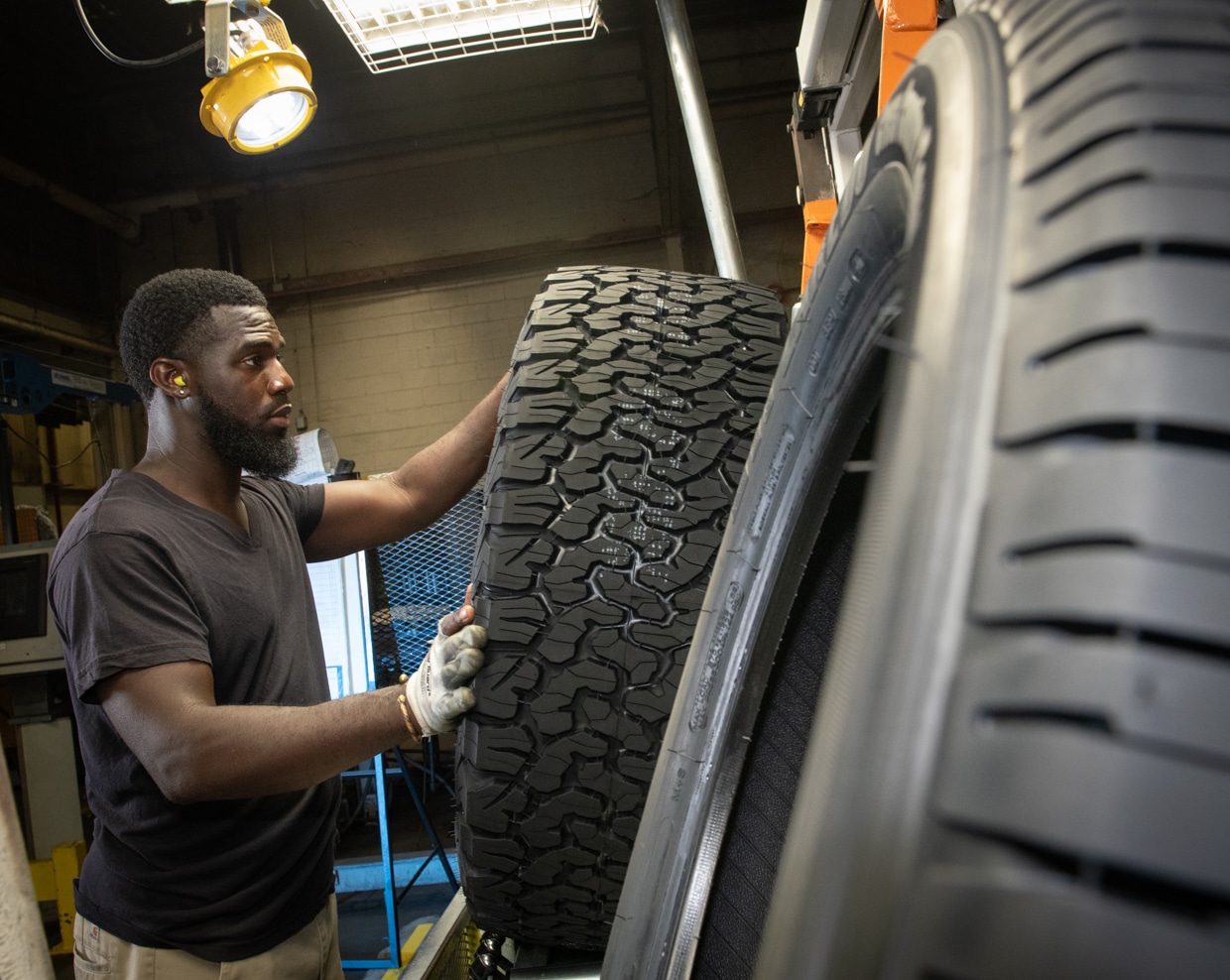
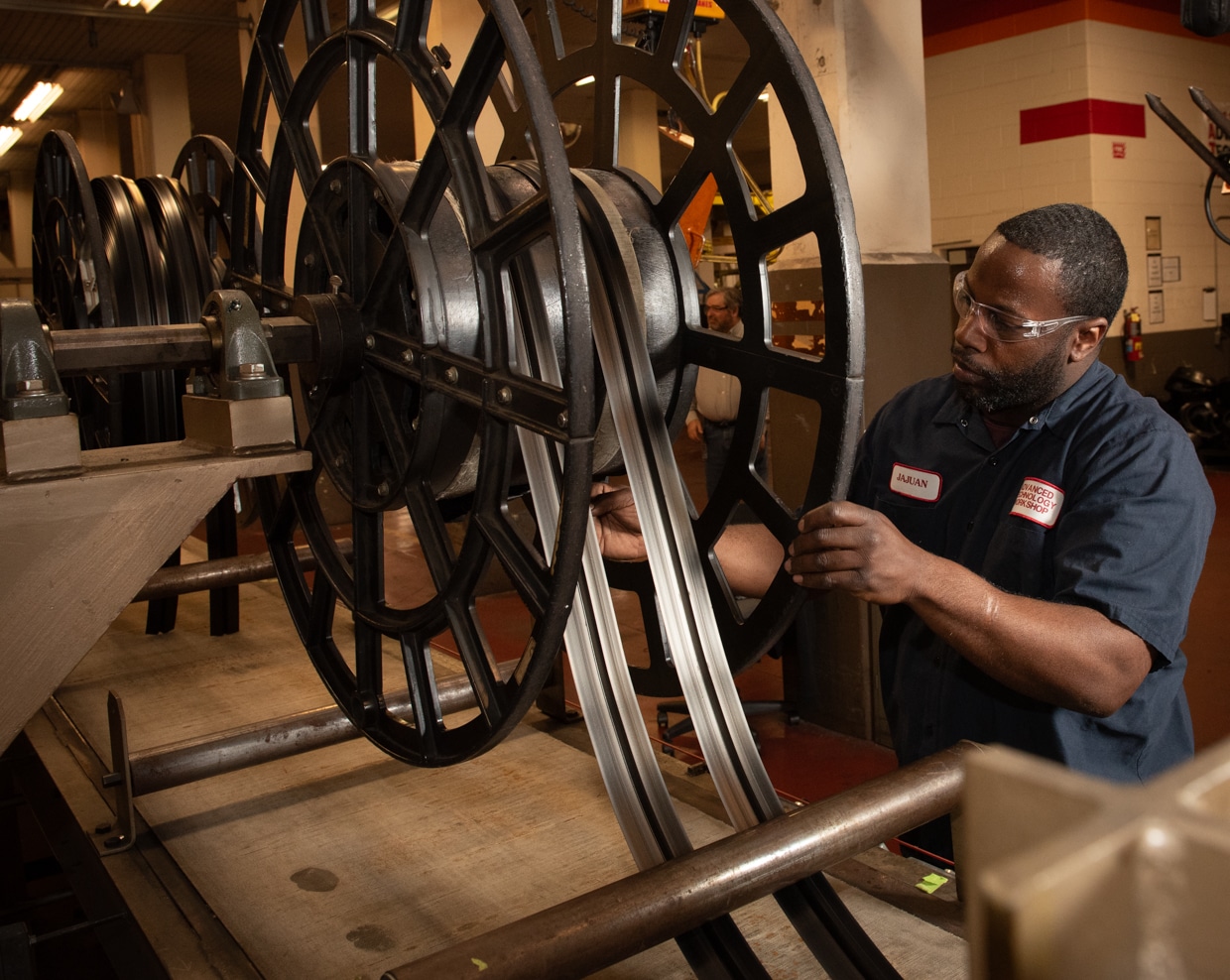
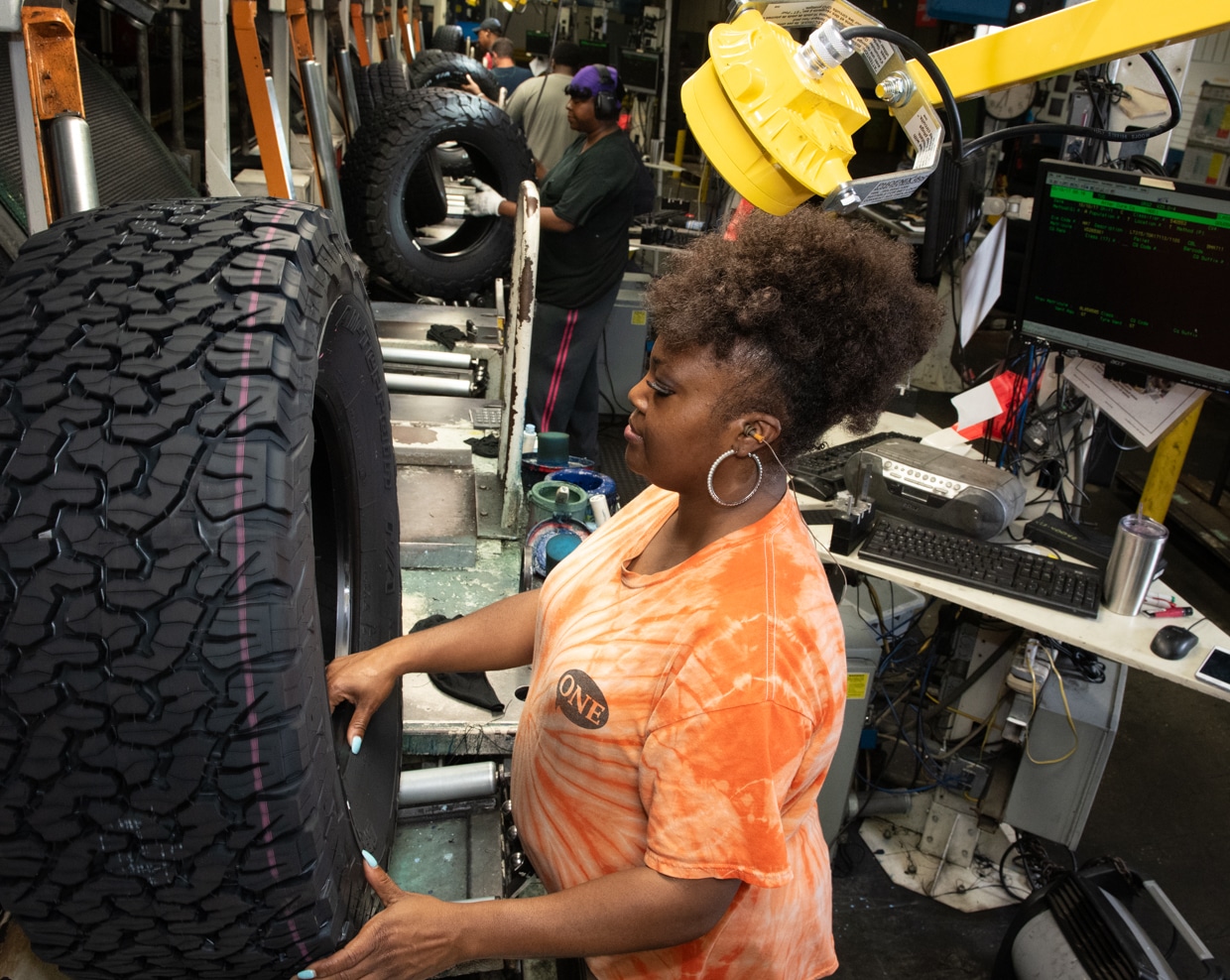
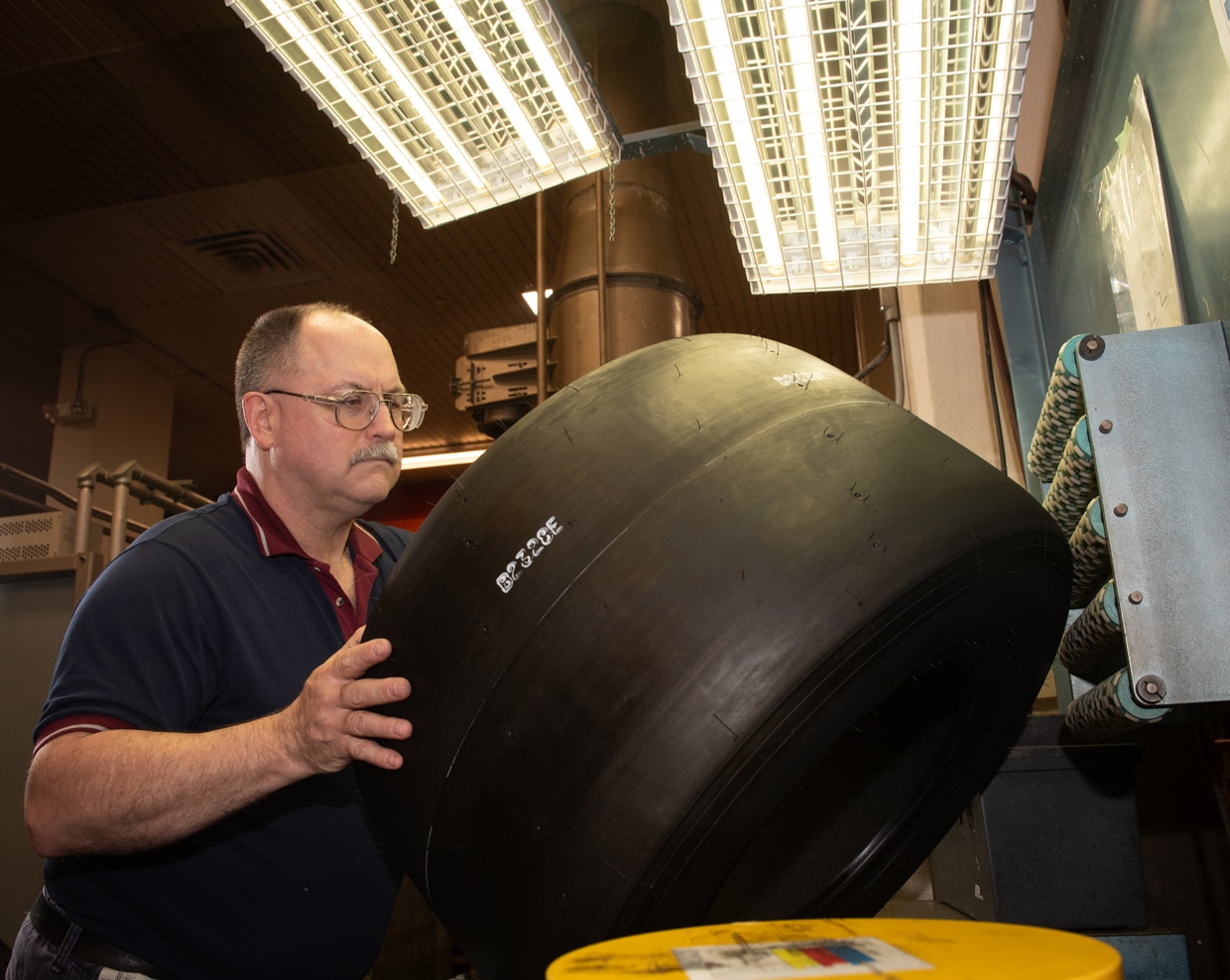
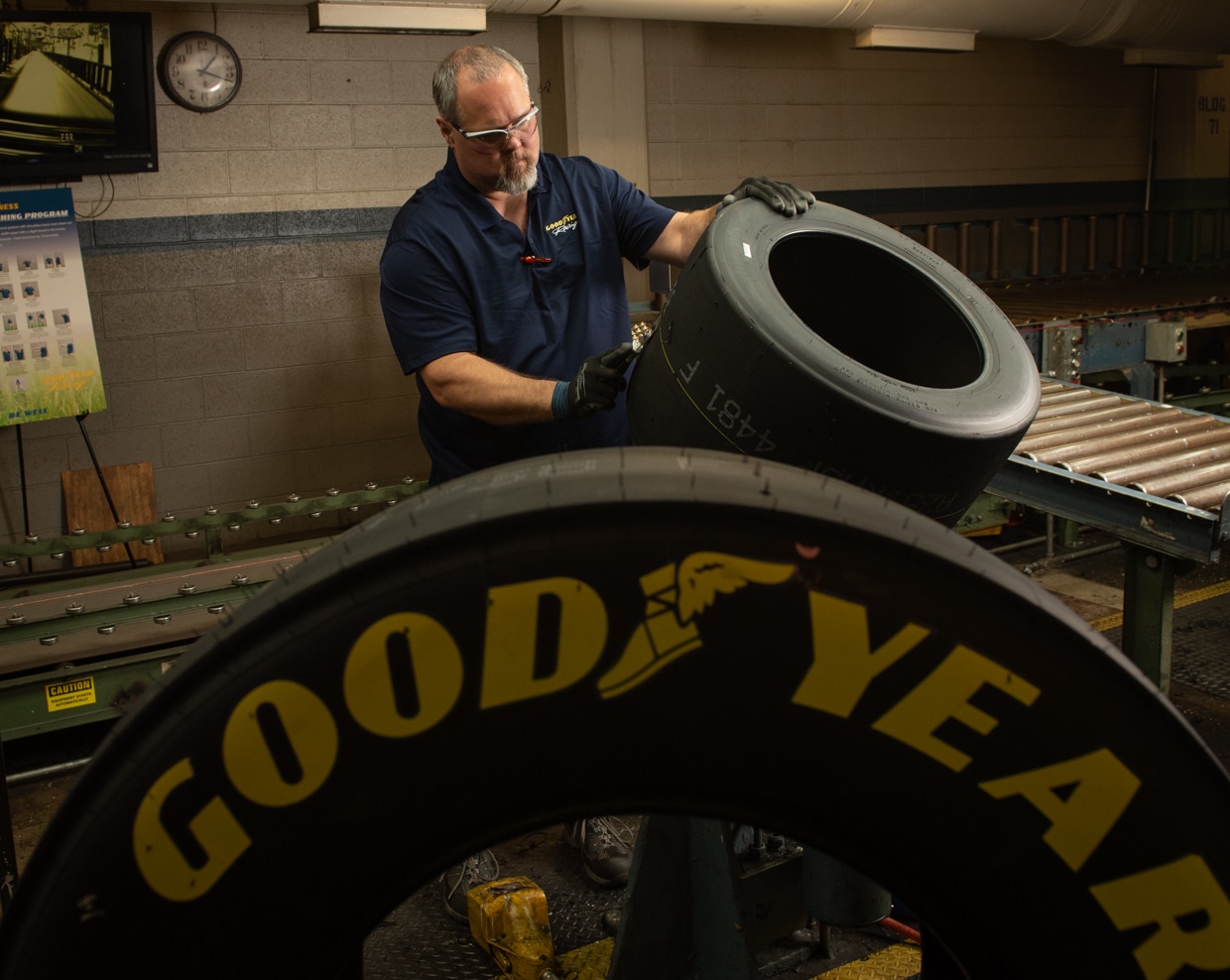
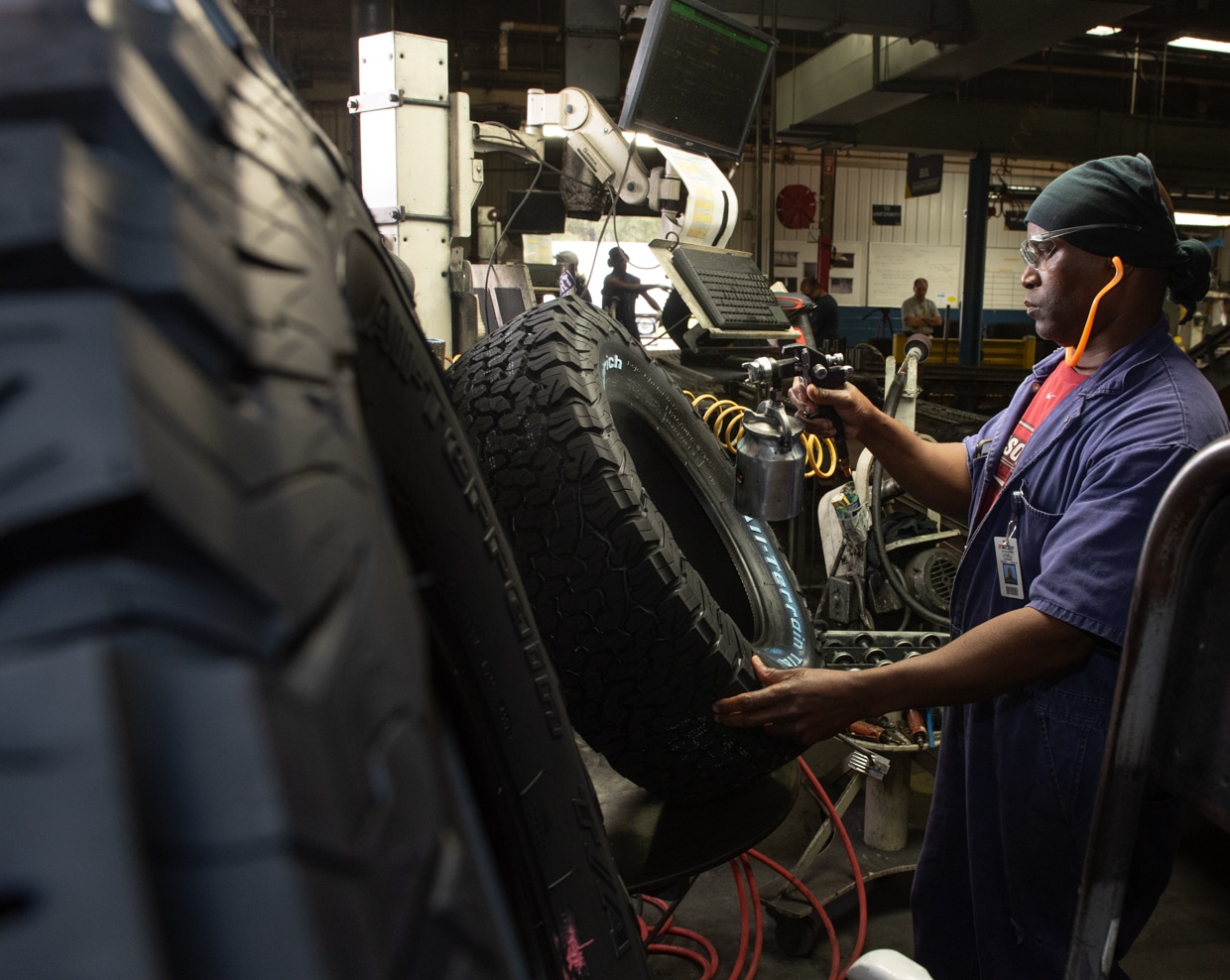
Ready to Make a Difference?
Join the USW members and experience the power of unity. Let’s negotiate better wages and working conditions, advance workplace safety and promote dignity and respect on the job, together.
